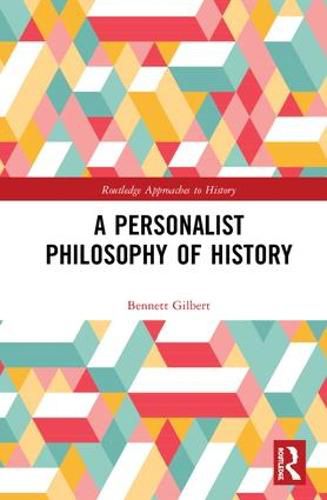Readings Newsletter
Become a Readings Member to make your shopping experience even easier.
Sign in or sign up for free!
You’re not far away from qualifying for FREE standard shipping within Australia
You’ve qualified for FREE standard shipping within Australia
The cart is loading…






Historical study has traditionally been built around the placement of the human at the center of inquiry. The de-stabilized concepts of the human in contemporary thought challenge this configuration. However, the ways in which these challenges provoke new historical perspectives both expand and enrich historical study but are also weak and vulnerable in their concept of the human, lacking or omitting something valuable in our self-understanding. A Personalist Philosophy of History argues for a robust concept of personhood in our experience of the past as a way to resolve this conflict.
Focused on those who know history, rather than on the abstract properties of knowledge, it extends the moral agency of persons into non-human, trans-human, and deep history domains. It describes an approach to moral life through historical experience and study, rather than through abstractions. And it describes a kind of historiography that matches factual accuracy to both the constructed nature of understanding and to unavoidable moral purpose.
$9.00 standard shipping within Australia
FREE standard shipping within Australia for orders over $100.00
Express & International shipping calculated at checkout
Historical study has traditionally been built around the placement of the human at the center of inquiry. The de-stabilized concepts of the human in contemporary thought challenge this configuration. However, the ways in which these challenges provoke new historical perspectives both expand and enrich historical study but are also weak and vulnerable in their concept of the human, lacking or omitting something valuable in our self-understanding. A Personalist Philosophy of History argues for a robust concept of personhood in our experience of the past as a way to resolve this conflict.
Focused on those who know history, rather than on the abstract properties of knowledge, it extends the moral agency of persons into non-human, trans-human, and deep history domains. It describes an approach to moral life through historical experience and study, rather than through abstractions. And it describes a kind of historiography that matches factual accuracy to both the constructed nature of understanding and to unavoidable moral purpose.